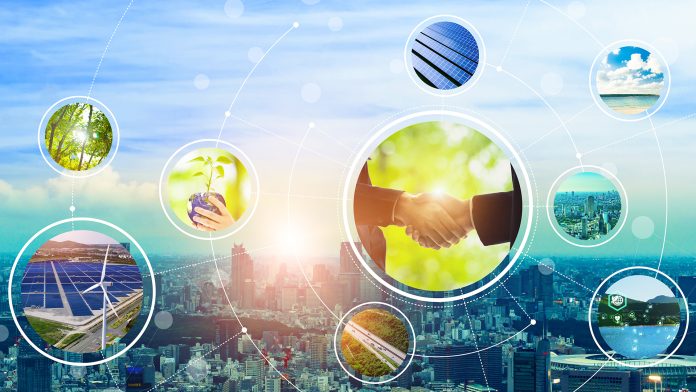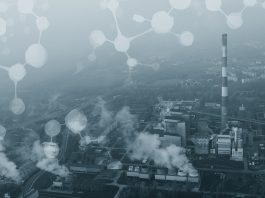The Innovation Platform examines the key takeaways from a recent European Environment Agency report outlining the actions needed to meet climate and environmental goals in the wake of major societal, economic, and environmental crises.
In order to stay on track with its climate and environmental goals, Europe must anchor these priorities with its economic, social and security policies. This is the main takeaway from a recent report published by the European Environment Agency (EEA).
The ‘Europe’s Sustainability Transitions Outlook’ report, published in July, analyses how Europe can remain successful in its sustainability journey amid the economic, social, geopolitical and environmental crises facing the world at present. The report uses the term ‘polycrisis’ to describe these challenges.
Since Europe first presented the sustainability goals of the European Green Deal back in 2020, Europe has faced major unprecedented challenges such as the COVID-19 pandemic and the Russia-Ukraine war. In addition, climate change continues to escalate across the globe. This mixture of issues is placing great strain on Europe’s food, water and energy security, as well as its macroeconomic and social stability.
The report states that, whilst Europe has made progress towards its sustainability goals, it is still far from achieving many of its 2030 objectives set out in the Green Deal. The EEA believes that the key to a surge in progress towards these goals, particularly in the face of the additional challenges, is to pair short-term actions with long-term sustainability goals.
Using available data and knowledge as well as insights from participatory foresight workshops designed to examine a range of future scenarios, the report proposes a series of strategies for the continuous anchoring of long-term visions in the context of a volatile policy environment. The report focuses on ‘anchoring competitiveness, security and fairness within a renewed narrative centred on sustainability and transformation’. The foresight report puts forward several ideas of how to ‘anchor’ sustainability objectives in the EU’s policies to converge with the long-term vision of ‘living well within the limits of our planet.’ Among these ideas, the report suggests the EU needs to foster approaches to sustainable wellbeing that go beyond economic models focused solely on growth.
Commenting on the release of the report, EEA Executive Director Leena Ylä-Mononen said: “The nature of the many crises we face means that now, more than ever, we need to stick to our long-term sustainability goals and policy aims and anchor these environmental and wellbeing aims into the new priority areas like security and competitiveness. Also, environmental protection and restoration must go hand in hand with justice and equity. Without the support of citizens, we cannot make this shift to sustainability a success.”
Competitiveness
Addressing the goal of ‘competitiveness’, the report suggests that the narrative should be broadened to include the implementation of high environmental standards. It states that such standards should be recognised as strategic investments which are crucial for economic development and resilience. The report addresses the need for public financing mechanisms to align fully with sustainability objectives, leveraging private investments and ensuring quality jobs and environmental protection. It states that strengthening directionality in public investments and mainstreaming climate and environment within the EU budget are essential.
Security
The report also calls for a reframed look at security objectives, to include more than just military and defence aspects. It suggests that the narrative should also encompass broader societal concerns, such as ecological and societal resilience. The EEA argues that linking security priorities with sustainability has the potential to reduce climate-related migration and dependency on fossil fuels. Ideas to anchor security priorities with sustainability include boosting anticipation and preparedness, emphasising transformative resilience in key systems like agri-food, and linking sustainability with strategic autonomy through reduced consumption.
Fairness
Looking at the goals of justice and fairness, the report urges a renewed policy narrative on these topics to see more integration between justice considerations and environmental goals. Although the EU has established instruments like the Just Transition Mechanism, the report says that more integration between justice considerations and environmental goals is needed. The report outlines such steps as strengthening democratic participation, broadening the just transition beyond sectoral policy, stimulating transformative social innovation, integrating nature, technology and culture, and leveraging the health-environment connection to reduce inequalities.
Please note, this article will also appear in the 19th edition of our quarterly publication.





